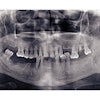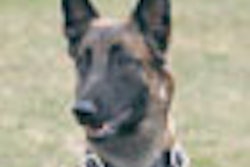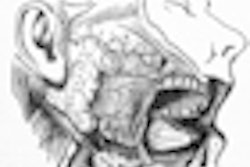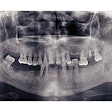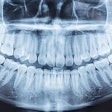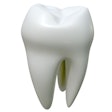The battle over who can perform dental work on Texas horses -- veterinarians or nonveterinarian tooth floaters -- was resolved May 30 when the Texas Legislature moved to professionalize the practice of nonveterinary equine dentistry by passing HB 414.
The bill, which now goes to Gov. Rick Perry's desk, defines and establishes training and educational requirements so that those who are not veterinarians may legally perform certain aspects of equine dentistry under the supervision of a veterinarian as a licensed equine dental provider (EDP).
Equine dentistry is a key part of comprehensive equine healthcare, which includes floating teeth -- filing down the sharp points in a horse's mouth that may cause injury or difficulty chewing -- and evaluating a horse's mouth and body for signs of disease. In aging horses, improperly cared for teeth can cause weight loss, malnutrition, and even death.
In most cases, equine dentistry also requires the use of potentially dangerous sedative or tranquilizing drugs, which nonveterinarians cannot legally administer to another person's animals. It is legal for doctors of veterinary medicine to use and prescribe drugs because they are licensed by the state and federal government, and understand the pharmacology and physiology necessary to properly administer, monitor, and manage the drugs. This new legislation will not change the current laws related to prescription drugs, according to the Texas Veterinary Medical Association.
Previously, there was almost no recourse for a consumer whose horse had been damaged by a non-veterinarian tooth floater, but the measure provides protection for horse owners and their animals. For instance, EDPs will be accountable to the Texas State Board of Veterinary Medical Examiners. Previously, the unlicensed individual lacked minimum practice standards and were not required to meet any basic level of professionalism or accountability.
Under the new legislation, an EDP will work under the general supervision of a veterinarian. Individuals who already posses the necessary skills to perform this work will be grandfathered in for a certain amount of time, but in the future EDPs will be required to meet certain proficiency requirements to become licensees.


